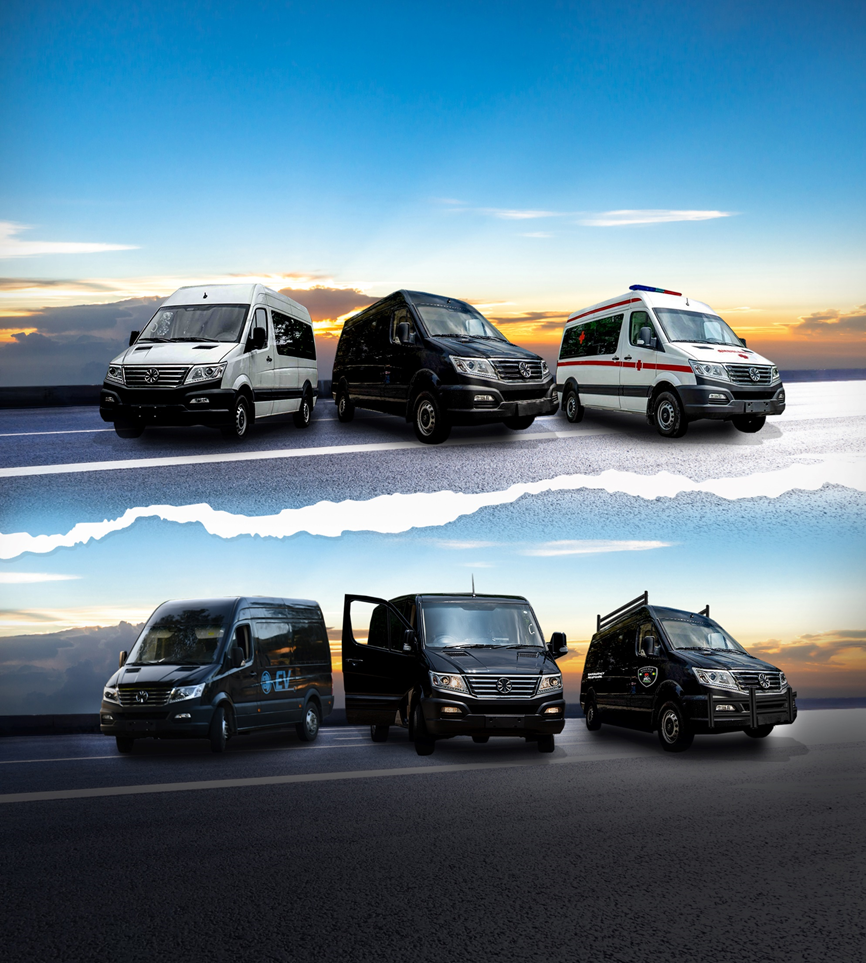JET Motors wants to lead Africa’s Electric Vehicle revolution
The electric vehicle movement is well and alive in Nigeria, led by JET Motor Company—a team of young Africans who are designing EVs for Africans.

The electric vehicle movement is well and alive in Nigeria, led by JET Motor Company—a team of young Africans who are designing EVs for Africans.
In recent times, calls for the replacement of internal combustion engines (ICEs) with electric vehicles (EVs) has gathered traction globally as part of a unified human effort to combat global warming. In countries like the United States, cars contribute as much as 29% of greenhouse emissions.
EVs have been shown to drastically reduce the amount of emissions from from cars. One report from Carbon Brief, showed that in the UK (2019), the lifetime emissions per kilometre of driving a Nissan Leaf EV were about three times lower than for the average conventional car.
Since its launch in 2017, JET Motor company has championed the cause of Electric Vehicles in Nigeria. Most of the developed world is already going green with many countries targeting 2050 for phasing our combustion engines.
In July 2021. JET Motors announced its first locally-made, fully electric vehicle with zero emissions—JET EV. While the car kits were sourced from outside the country, the design and building were done by Nigerians.
But what makes this car special?

According to, Joseph Wemimo, Director of Strategy and Operations at JET Motors, an electric vehicle uses about 40% of the parts in an internal combustion engine. Less parts means there’s less need for repairs and less risk of buying fake replacement parts. For fleet operators— who Jet Motors is targeting with its first set of EVs, less maintenance means more savings and longer uptimes, which can significantly affect the bottomline.
That said, the cost of the electronic vehicles might be a stumbling block to cash-light fleet operators. The pricing of the cars at Jet EV starts at N37.5 million (~$90,000). A comparably-sized ICE car could cost around half that price on the second-hand market. Even a brand new sized 2020 Toyota Hiace bus (N22,500,000 via Jiji), costs around 32% less.
However, at Jet Motors, it is that believed spending more on EVs will save potential clients more money in the long run. As previously mentioned, maintenance costs are significantly less than in internal combustion engines. Also, EVs are expected to last longer than their ICE counterparts. The batteries in Jet EVs have 4000 guaranteed charging cycles before they begin to show signs of failure. If used daily, that amounts to more than 10 years of use before having to change the battery.
Customer buying power is also why the company is focused on fleet owners for now. EVs are still globally regarded as expensive. Considering the average disposable income of Nigerians and the number of cars per thousand people (59.7), it is safe to assume that EVs are currently out of reach of the average person.
In the near future, however, Jet Motors plans on launching other vehicles starting with utility vehicles like pick-ups and eventually SUVs for passenger rides. According to Rupani Sanjay, JET Motor Company Director of Sales and Marketing, development is already in progress and the company hopes to add to its range within a years time.
The company is also raising financing. Making cars is a capital-intensive venture and the rewards take longer to yield. So far, Jet Motors has raised only $9 million. For comparison, Tesla Motors, the American company it hopes to model itself after, accessed over $700 million in funding before its IPO in 2010.
Parting thoughts
Electric vehicles are here to stay as a global trend and Africa is bound to join in at some point. Whether Africa will be quick to make the transition or not, is another question entirely. Change on the continent is likely to be slow. Cost and availability are the two biggest impediments to Africans embracing EVs and those don’t seem to be going away any time soon.
As most European and North American countries plan to phase out internal combustion engines before 2050, those phased-out cars may find a new home on the continent. Considering the purchasing power-driven preference for second-hand cars on this side of the equator, it would be no surprise.
This is just one of the challenges that the JET Motors team needs to keep in mind as it builds for what is an inevitable future for Africa. Right now, the company seems to be doing the right things.






